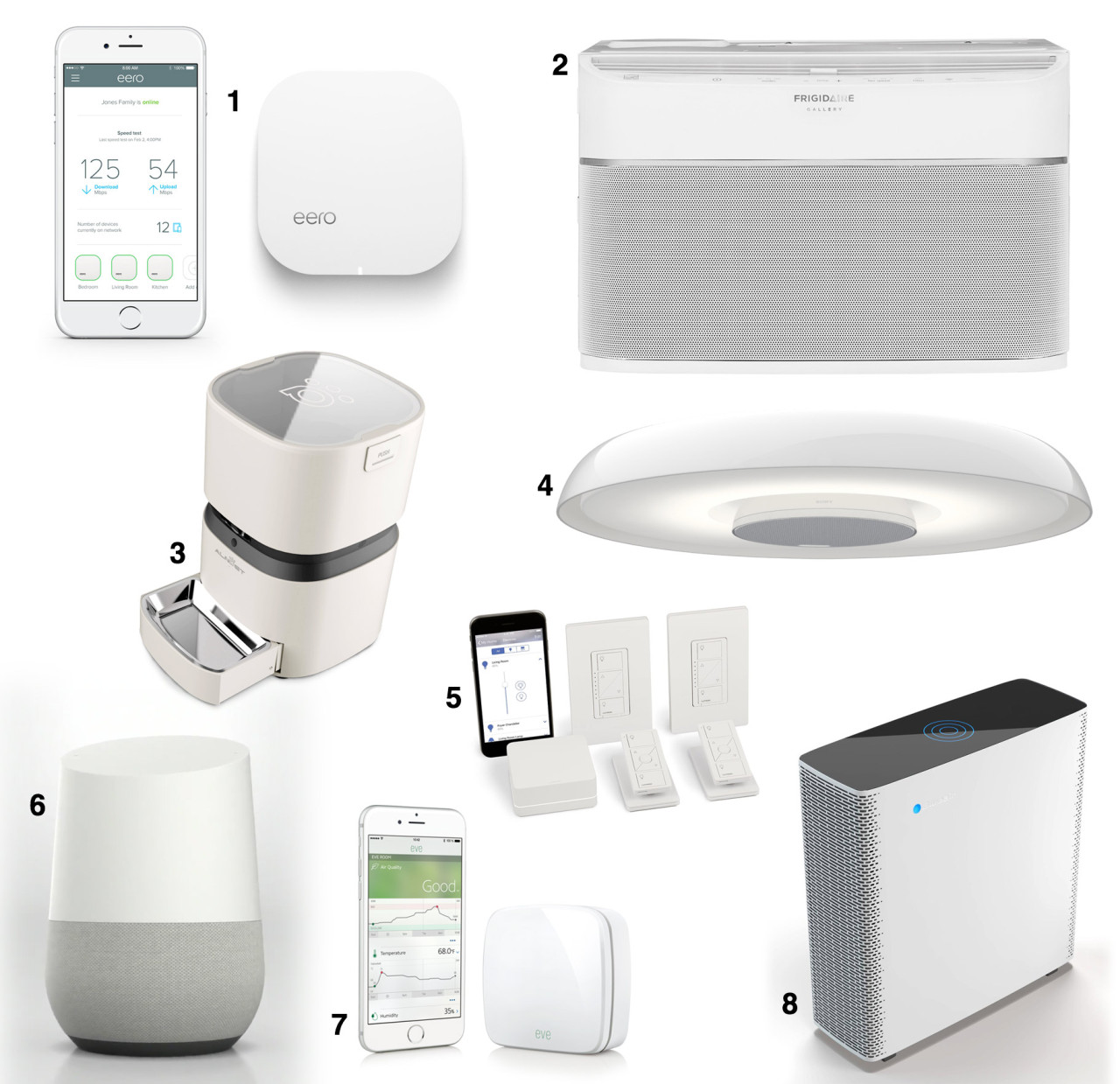Pulse of Information
Stay updated with the latest news and insights.
Smart Homes: Where Convenience Meets Caution
Discover the future of living with smart homes—where convenience collides with caution. Are you ready to embrace the tech revolution?
The Benefits of Smart Home Technology: Enhancing Your Everyday Life
Smart home technology is revolutionizing the way we live by bringing convenience, efficiency, and security into our everyday lives. From automated lighting to smart thermostats, these innovative devices allow us to control various aspects of our homes remotely. Imagine arriving home to a perfectly heated or cooled environment, thanks to your programmable thermostat. Additionally, smart home technology can help you save on energy costs by optimizing usage patterns. By being able to monitor and adjust your energy consumption, you not only reduce your bills but also contribute to a more sustainable environment.
Moreover, the integration of smart home technology enhances our safety and security. With smart security systems, including video doorbells and motion-activated cameras, homeowners can monitor their properties in real-time from anywhere in the world. This peace of mind extends to smart smoke detectors and carbon monoxide alarms, which provide timely alerts about potential dangers. Furthermore, automation allows for scheduled lighting and smart locks, giving the impression of an occupied home even when you're away. All these features work together to create a safer, more efficient living space that accommodates our modern lifestyles.

Top 5 Security Risks Associated with Smart Homes and How to Mitigate Them
As smart home technology becomes increasingly prevalent, understanding the security risks associated with these interconnected devices is crucial for homeowners. One of the top risks is unauthorized access due to weak passwords or unpatched software. Cybercriminals can exploit these vulnerabilities to gain control of your smart devices, potentially jeopardizing your privacy and safety. Here are the top five security risks you'll want to be aware of:
- Insecure Wi-Fi Networks: A weak Wi-Fi network can serve as a gateway for hackers.
- Default Passwords: Many smart devices come with default passwords, which are often not changed by users.
- Lack of Updates: Failing to regularly update device firmware can expose them to known vulnerabilities.
- Insecure Communication: If data transferred between devices is not encrypted, it can be intercepted.
- Physical Security: Devices left unsecured can be tampered with or physically accessed by unauthorized individuals.
To mitigate these risks, make sure to use strong passwords, enable two-factor authentication, and regularly update your device software. Additionally, invest in a secure home network by employing VPNs and firewalls, and consider using smart home devices from reputable manufacturers that prioritize security.
Are Smart Homes Worth the Investment? A Comprehensive Analysis
As technology advances, the concept of smart homes has gained significant traction among homeowners. The integration of smart devices offers a multitude of benefits, including enhanced energy efficiency, convenience, and security. For instance, smart thermostats can optimize energy usage by learning your schedule, potentially leading to substantial savings on utility bills. Furthermore, by automating lighting and temperature controls, homeowners can create a comfortable living environment tailored to their preferences. However, the initial investment in smart technology can be daunting, often prompting a critical question: are smart homes truly worth the investment?
To fully assess whether smart homes are a prudent financial decision, it's essential to consider factors such as property value appreciation and the long-term savings on energy consumption. According to various studies, homes equipped with smart technology can see an increase in market value by 15-20% due to their modern amenities. Additionally, with rising energy costs, homeowners can save significantly on their monthly expenses through smart devices that monitor and manage usage. Ultimately, while the upfront costs can be substantial, the combination of enhanced living experiences and potential financial benefits makes smart homes an investment worth considering.